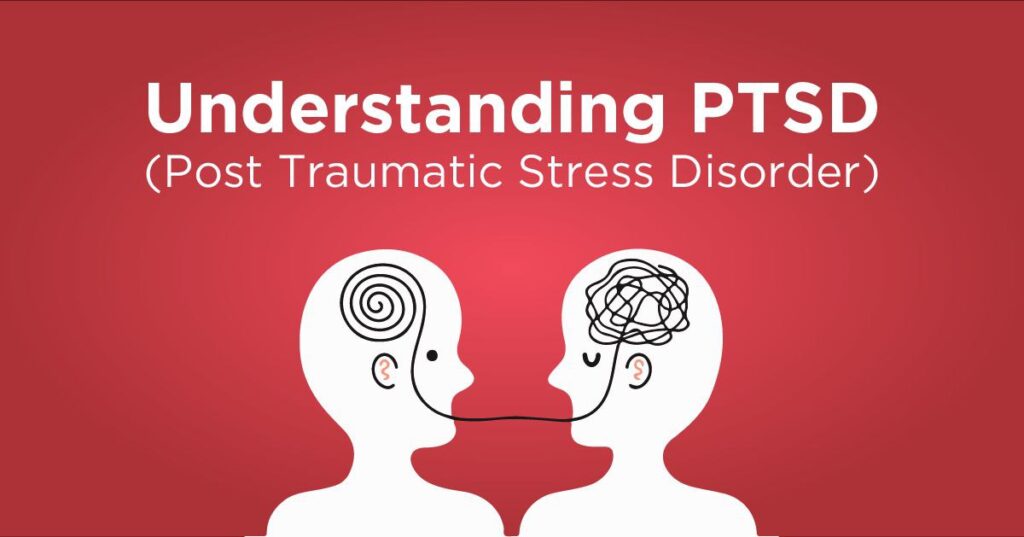Unlocking the Mysteries of Complex PTSD:
Complex Post-Traumatic Stress Disorder (CPTSD) is a mental health condition that has garnered increasing attention in recent years. While PTSD is a well-known and widely understood condition, CPTSD is a more complex and nuanced disorder that requires a deeper understanding to effectively diagnose and treat.
What is Complex PTSD?
CPTSD is a condition that develops as a result of prolonged exposure to traumatic events, such as childhood abuse, neglect, or domestic violence. Unlike traditional PTSD, which typically involves a single, traumatic event, CPTSD is characterized by a series of repeated traumas that can have a profound impact on an individual’s mental and emotional well-being.
Key Characteristics of CPTSD
Individuals with CPTSD often exhibit a range of symptoms, including:
- Emotional dysregulation: Difficulty managing emotions, leading to intense mood swings and emotional instability.
- Hypervigilance: Always being “on edge” or alert for potential threats, even when they are no longer present.
- Avoidance: Avoiding people, places, or activities that may trigger memories of the traumatic events.
- Dissociation: Feeling disconnected from one’s body or self, as if observing oneself from outside.
- Emotional numbing: Difficulty experiencing emotions, leading to feelings of detachment or numbness.
- Self-destructive behaviour: Engaging in self-destructive behaviours, such as substance abuse or self-harm, as a coping mechanism.
Causes and Risk Factors
CPTSD is often caused by chronic trauma, such as:
- Childhood abuse: Physical, emotional, or sexual abuse experienced during childhood.
- Neglect: Ongoing neglect or abandonment by caregivers.
- Domestic violence: Exposure to domestic violence within the family home.
- War or conflict: Exposure to war or conflict as a child or adult.
Risk factors for developing CPTSD include:
- Age at the time of the trauma: Trauma experienced during childhood increases the risk of developing CPTSD.
- Frequency and duration of the trauma: Prolonged exposure to traumatic events increases the risk of developing CPTSD.
- Social support: Lack of social support during the traumatic event can increase the risk of developing CPTSD.
Treatment and Management
Fortunately, CPTSD is treatable with the right therapies and support. Treatment options include:
- Trauma-focused cognitive-behavioural therapy (TF-CBT): A specific type of therapy that targets the trauma and helps individuals develop coping strategies.
- Dialectical behaviour therapy (DBT): A form of therapy that focuses on developing emotional regulation skills.
- Mindfulness-based therapies: Techniques that promote mindfulness and self-awareness.
- Medications: Medications may be prescribed to manage symptoms such as depression, anxiety, or sleep disturbances.
Conclusion
Complex PTSD is a complex and debilitating condition that requires a comprehensive understanding of its causes, symptoms, and treatment options. By acknowledging the unique characteristics of CPTSD and providing targeted therapies and support, individuals can work towards healing and recovery from this condition.
References:
https://my.clevelandclinic.org/health/diseases/24881-cptsd-complex-ptsd
https://www.ptsd.va.gov/professional/treat/essentials/complex_ptsd.asp
Websites:
Britmed Healthcare: https://britmedhealthcare.co.uk/
Nightingale Hospital: https://www.nightingalehospital.co.uk/
Top Doctors: https://www.topdoctors.co.uk/doctor/ahmed-el-missiry
You can also book, Contact us on WhatsApp 08009708017




